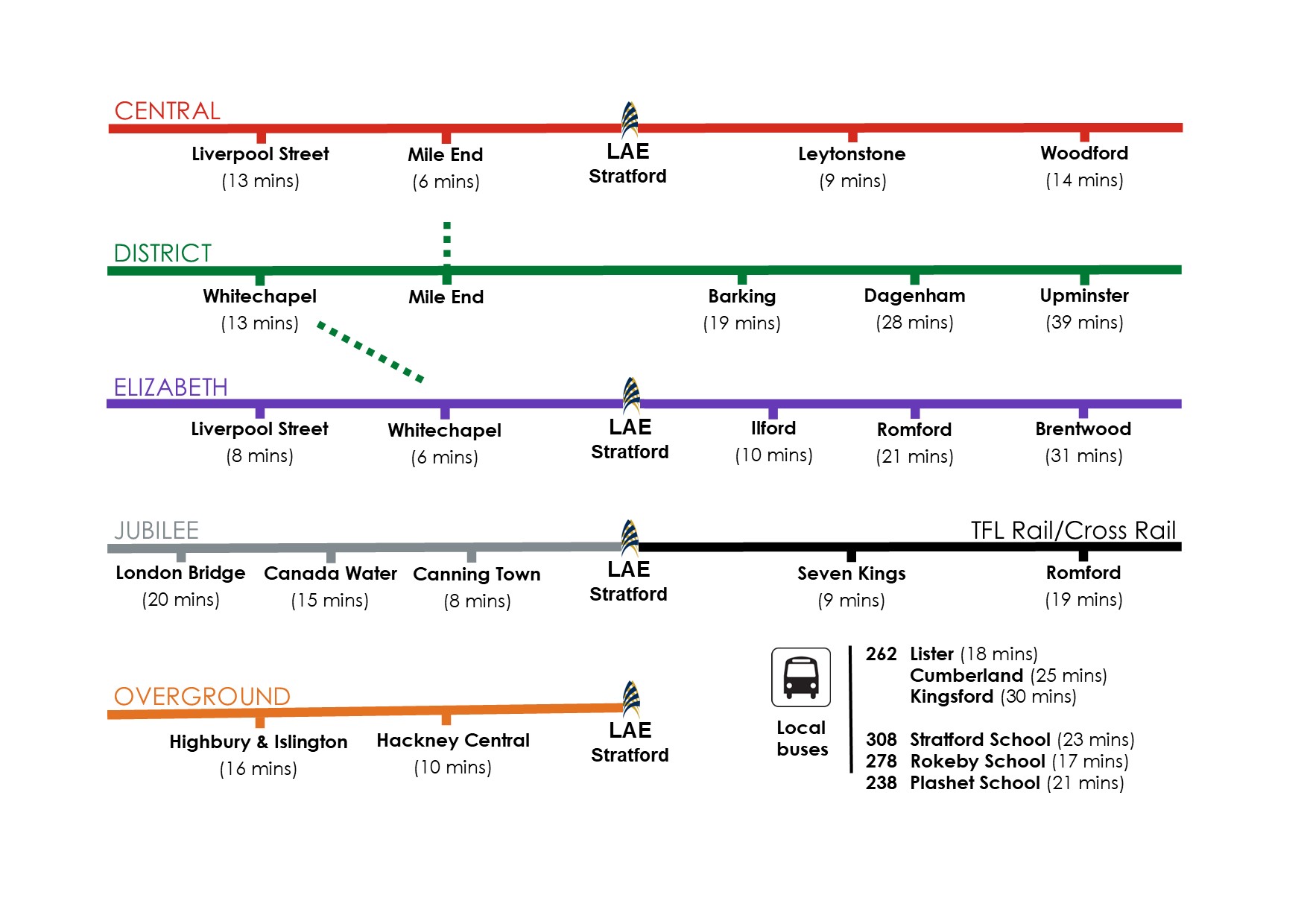 Posted on: 3/02/2026
Posted on: 3/02/2026News
Climate change and chaos in 'Kyoto'
Last week, a group of students watched the play Kyoto at the Soho Theatre. In the review below, Year 12 student Lucy writes about the way the events of the play interpret the charged atmosphere leading up to the adoption of the 1997 Kyoto Protocol.
Kyoto is a play by Joe Murphy and Joe Robertson based on the events leading up to the adoption of the Kyoto Protocol in 1997, the first legally binding agreement on climate change.
The play centres on Don Pearlman, who was an infamous real life fossil fuel lobbyist, and his attempts to prevent the Kyoto Protocol from being agreed. It was fascinating to see the tactics employed by Pearlman such as denying the science of climate change and creating distrust between countries. However, the play also introduces nuance to Pearlman by suggesting that he thought he was doing the right thing to protect the 'American way of life' and that ultimately, he was just a puppet for fossil fuel companies (represented in the play by the Seven Sisters) who are arguably the true villains, especially as their own scientists told them that climate change was a big problem in the 1970s and they ignored them and hid it.
Additionally, Kyoto shows how small island developing states such as Kiribati who are especially vulnerable to climate change formed AOSIS (Alliance of Small Island States) and came together to advocate for an ambitious agreement.
It was enlightening to see how important compromise in is the formation of international agreements and how an imperfect agreement is much better than no agreement.
The play ends with the adoption of the Kyoto Protocol (partly due to the determination of the chair Raúl Estrada) despite the fact that the COP was meant to have ended hours ago, offering hope that countries can come together when they really need to.
- Lucy, Year 12















